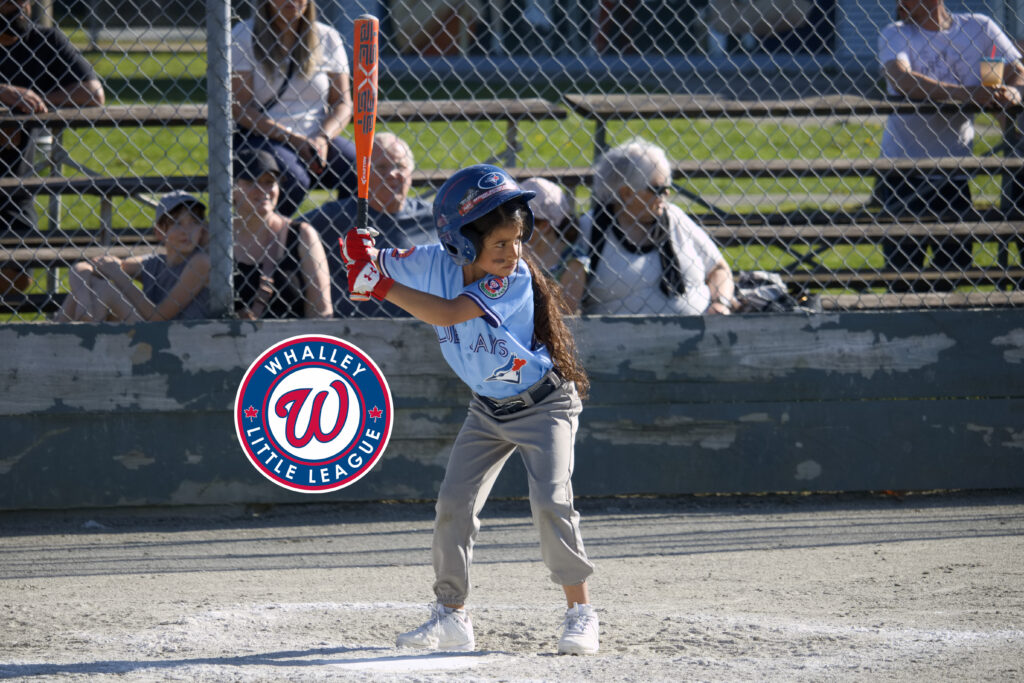A Whalley Little League Guide to Teaching Kids to be Great Hitters in Baseball
Baseball is a game that requires a combination of skill, strategy, and teamwork. One of the fundamental skills every young player aims to master is hitting. Whether your child is swinging a bat for the first time or looking to refine their technique, instilling the proper fundamentals early on is crucial. In this guide, we will explore effective strategies to teach kids how to become excellent hitters in baseball.
Start with the Basics
Before diving into the intricacies of hitting, it's essential to lay a solid foundation by teaching the basics. Emphasize the correct grip on the bat, ensuring that the hands are close together and the knuckles align. Teach them how to position their feet shoulder-width apart and the proper stance – slightly bent knees and a slight tilt forward.
Focus on Hand-Eye Coordination
Hand-eye coordination is a key aspect of hitting. Engage kids in drills and games that enhance their hand-eye coordination, such as soft toss, batting practice with wiffle balls, or using a tee. These activities not only improve their ability to make contact with the ball but also make the learning process enjoyable.
Develop a Consistent Swing
Consistency is key in hitting. Help kids develop a repeatable and efficient swing by breaking it down into distinct phases: load, stride, swing, and follow-through. Emphasize the importance of a smooth and controlled swing, avoiding unnecessary movements that can disrupt their timing.
Teach the Importance of Timing
Timing is critical in hitting a baseball successfully. Teach kids to recognize the pitcher's release point and the speed of the pitch. Use drills that focus on pitch recognition, such as calling out the type of pitch before it reaches the plate. Incorporate different pitch speeds to help them adjust and develop a keen sense of timing.

Encourage a Proper Weight Transfer
A powerful swing is facilitated by a proper weight transfer. Teach kids to shift their weight from the back foot to the front foot during the swing, allowing th
Emphasize the Mental Aspect
Hitting involves more than just physical skills; it requires mental focus and concentration. Teach kids to approach each at-bat with a positive mindset and confidence. Encourage them to visualize success and stay focused on the task at hand. Additionally, help them understand that failure is a part of the game and an opportunity for growth.
Introduce Pitch Recognition Drills
To become great hitters, kids need to learn how to read different pitches. Implement drills that focus on pitch recognition, such as utilizing a pitching machine with adjustable speeds and settings. This will help them develop the ability to identify different pitches and adjust their swing accordingly.
Make Practice Fun and Varied
Kids learn best when they are having fun. Incorporate a variety of drills and games into hitting practice to keep things engaging and enjoyable. Use competitions, friendly challenges, and creative drills to maintain their interest and enthusiasm for improving their hitting skills.
Provide Constructive Feedback
Offering constructive feedback is crucial in a player's development. After each practice session, discuss specific aspects of their swing that need improvement and provide positive reinforcement for what they did well. This feedback loop creates a supportive learning environment, fostering continuous improvement.
Foster a Love for the Game
Ultimately, instilling a love for the game is the key to long-term success. Encourage kids to watch baseball games, attend live matches, and learn about the history of the sport. The more they immerse themselves in the world of baseball, the more motivated they will be to hone their hitting skills.
Conclusion
Teaching kids to be good hitters in baseball is a rewarding process that requires patience, guidance, and a positive learning environment. By focusing on the basics, hand-eye coordination, a consistent swing, timing, weight transfer, the mental aspect, pitch recognition, varied practice, constructive feedback, and fostering a love for the game, you can set the foundation for your young players to become confident and successful hitters on the baseball field.
